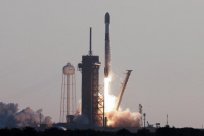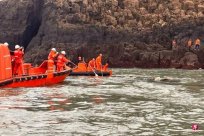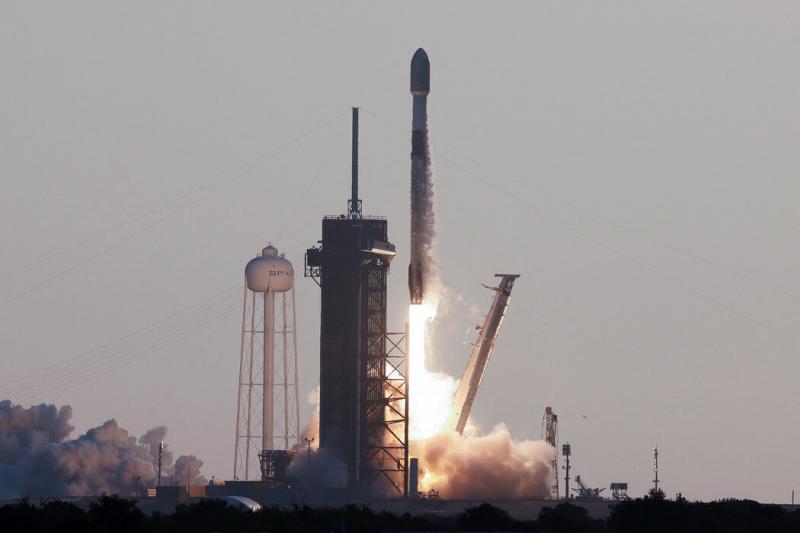
In Taiwan, the government is stepping up to do things that any country or even the company has not yet done: creating a alternative product of the star chain.Serve.
When emergency situations such as earthquakes and Russia invasion in Ukraine have caused the major local infrastructure to fail, the star chain can keep the army, power plants, and medical personnel a vital network connection.
Taiwan officials are constantly facing such reminders: its communication infrastructure must be able to resist the crisis.This democratic island is 126 kilometers from China. In mainland China, if necessary, use force to declare that Taiwan is part of its territory.
Taiwan is often attacked by cyber attacks, and the PLA invades its waters and airspace almost every day, and related actions have continued to increase in recent years.
In addition, Taiwan's infrastructure is very fragile.Last year, after the two underwater Internet cables were broken, the situation of the Internet of the Outdentary Matsu Islands on the field of vision within the field of view of the China Coast Line lasted for several months.Since 2017, the optical cables connected to Taiwan with the Internet have broken about 30 times, most of which are caused by many ships in the region.
The Ukrainian war made Taiwanese leaders more vulnerable to attack.As most of Ukraine's telecommunications system was paralyzed by Russian weapons and cyber attacks, the Ukrainian military has begun to rely on Musk's control system.
"The Russian and Ukraine War gave us profound reflection," said Liao Ronghuang, the president of the Industrial Technology Research Institute funded by the government."Even if the construction cost is very high, in a special background, the value of its own artificial satellite services is infinite."
SpaceX occupies a dominant position in the artificial satellite Internet industry, and Musk has long been in China through his electric vehicle company Tesla in China. The company has a large manufacturing plant in Shanghai.Taiwanese officials have decided to create a artificial satellite network they can control.
But the establishment of an artificial satellite network made, launch and navigation by Taiwan will require billions of dollars and many years of research and testing.
SpaceX spent five years to send thousands of satellites into the so -called near -land orbit. It is much shorter than the flying area of traditional communications artificial satellites, about 160 kilometers from the earth.The artificial satellite will send a signal to the ground terminal, and a closer distance makes the signal transmission faster.
Musk has announced many times that in a few years, his artificial satellite network will cover the entire earth, and its service speed will be as fast as all network services on the land.
He is not the only technology billionaire with this goal.Amazon founder Jeff Bezos also announced a plan to establish a network on the near -ground track.However, more than half of the active artificial satellites flying around the Earth's orbit comes from SpaceX, and only two Amazon launch.
The British company Oneweb also launched hundreds of artificial satellites to space.However, this effort costs high, so that it must be rescued by the British government. Later, the company merged with the European corporate group European communications artificial satellite company and established a company called "one net company".
The Taiwan government said that he hopes to send the first communications artificial satellite into the track by 2026, and send the second artificial satellite into the orbit within two years, and will also develop another four test satellites.Tsai Ing -wen promises to provide 40 billion Taiwan dollars for Taiwan's space plans to develop the best results in these tests into the artificial satellite Internet network that is completely manufactured and controlled by Taiwan.
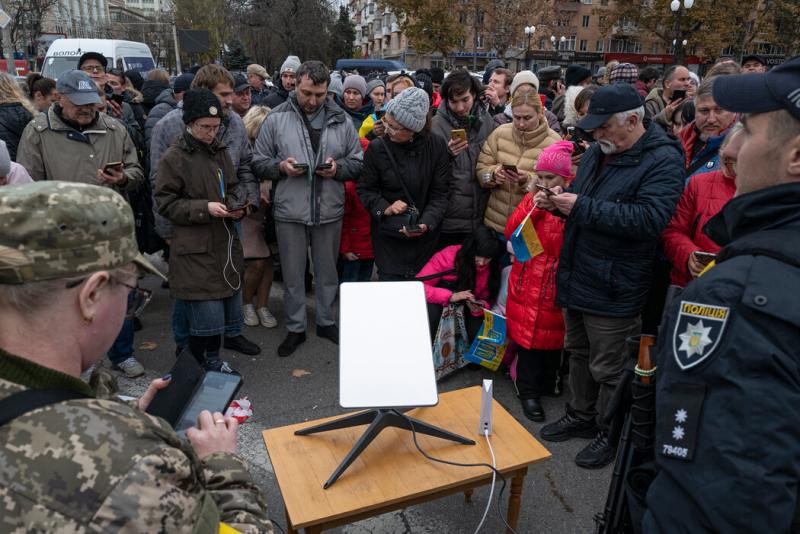
While the development of the network, the Taiwan government has reached an agreement on the use of existing satellite networks.It shows plans to deploy 700 terminals that can receive satellite signals.In August, it became a partner with Luxembourg SES. In November, Chunghwa Telecom announced the establishment of a partnership with the European Communications Satellite Network Company.Even after establishing and running its own network in Taiwan, this cooperative relationship can also provide multi -layer backup.
"We need to invest more than one system," said Zeng Yishuo, a researcher at the Think Tank National Institute of Defense Security, which was funded by the Ministry of National Defense."We can't put all the eggs in a basket."
Liao Ronghuang of the Institute of Industry and Technology said that more than 40 Taiwanese companies participated in the creation of satellite supply chains.
The satellite network made in Taiwan can not only provide Taiwan with an alternative communication system.It may make Taiwan a producer in key technologies in the next few years, just like it is the place where most advanced semiconductors in the world are in the world.
"At present, we are very powerful in semiconductor and electronic manufacturing, but space is a new industry we can use this advantage," said Wang Yuju, the founder of the future technology.Create a load test for a satellite that the government is testing in the future.
One of the challenges facing Taiwan is the rocket cost of launching satellites.Most rockets can only be used once, and they need a large amount of fuel, so the cost is too high. Only the richest government can test.
The founder of the Rocket Launch Company Tispace, Chen Yansheng, said that from 2005 to 2016, all Taiwanese satellites that entered space were launched in the United States.Chen Yansen has worked in the National Space Center in Taiwan for more than ten years.
In the past year, Taiwan's research and meteorological satellites have been launched by Alian Space Corporation and SpaceX.
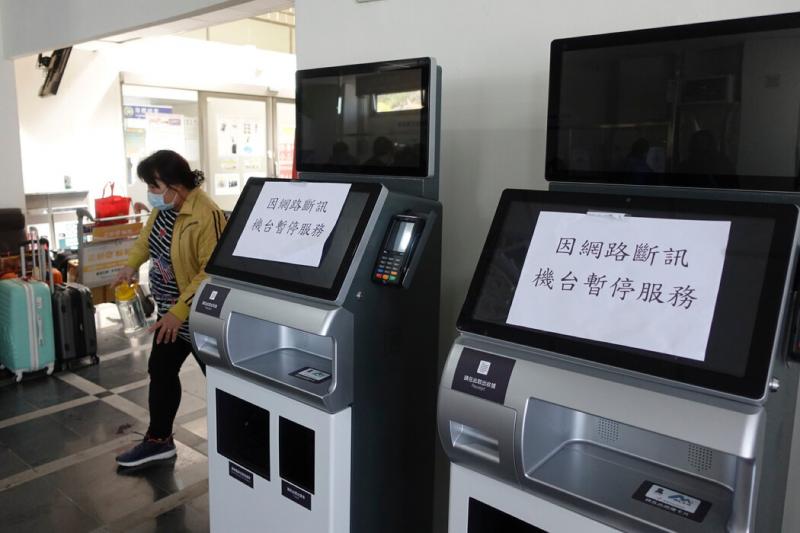
Perhaps no entity has invested more resources in developing rockets than SpaceX.
It has become everywhere, and even send the effective load of competitors into space.In December last year, the Bedos project stated that some of its satellites will be launched in the next three Falcon 9 in the future.
Since 2018, Taipei has been exploring ways to obtain satellite Internet technology, including negotiations with SpaceX.But Musk opposed a request that any foreign entity involving communication infrastructure must set up a joint venture with a local partner holding a majority equity.Xu Zhixiang, a researcher at the Institute of Defense Security, said that Musk believed that this was "completely unacceptable."SpaceX did not respond to the request for comment.
These negotiations did not establish any cooperative relationships with SpaceX.
A letter seen by the New York Times showed that last month, Michael Garrat, Republican Republic of Wisconsin, claimed that if the "Star Chain" service was not provided in Taiwan, SpaceX may violate its global service to the US government.Contracts.
SpaceX's post in an article on X said that the company complied with all contracts signed with the US government.
When asked about the prospects of cooperation with SpaceX, the Taiwan Digital Development Department stated in an email statement that it will "evaluate the possibility of cooperation with any satellite operator", as long as the operator "is in line with Taiwan's in lineNational Security and Information Security Regulations.
Musk's deep business connection with mainland China has also aroused concerns in Taiwan.China is the largest market outside the United States.
Before Tesla set up a Shanghai Super Factory, China relaxed its long -term restrictions on ownership of foreign companies and distributed rich incentive measures.Musk also commented to support China's position on the Taiwan issue.
"If we rely onLai Xinglin, because the market in the mainland is related to Musk's interests, what should he do if he decides to interrupt the service because of pressure from the mainland?Zeng Yishuo of the National Defense Think Tank said. "We must consider this."

